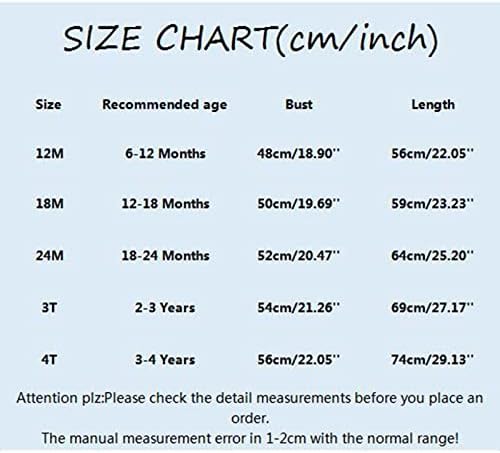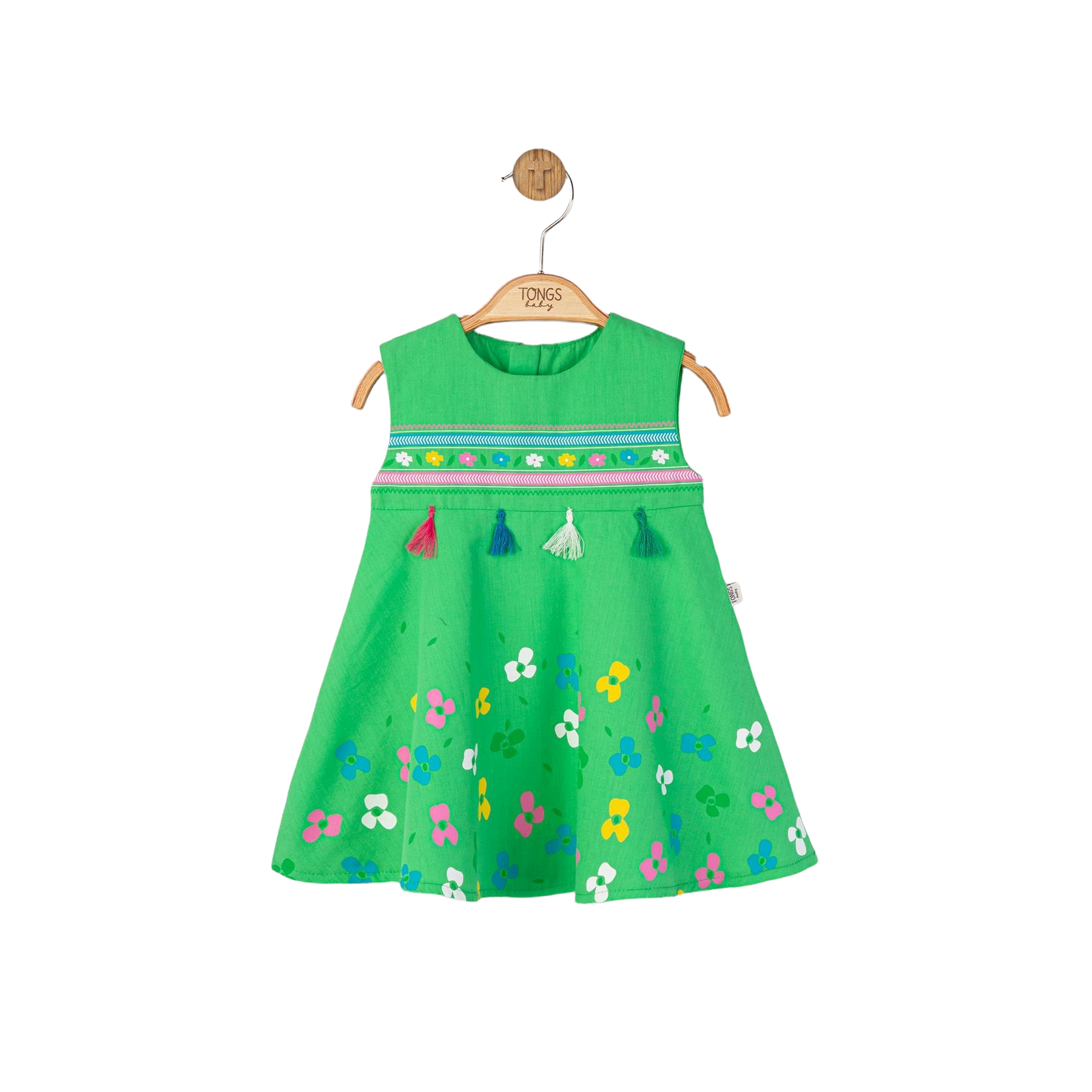
Vásárlás Kislány ruha 1 éves szülinapi 3 6 9 12 18 24 hónapos kisgyermek lány ruha csipke keresztelő ruha hercegnő csecsemő fél ruha - Ruhák < Aprive.io

A baba Ruhák Fiúk Cowboy Jelmez Gyerekeknek Gyermek Cosplay Ruha Szett Mellény+Nadrág Nadrág+Sál+Sapka 4db Kisgyermek Ruhák Ruha | Ruházati Készletek < Abksued.at

Kislány body ruha aranyos nyomtatás újszülött baba kezeslábas 0-18 hónapos kisgyermek, gyermek overál ruhák < Hacukában \ Mijnonbetaaldefactuur.be

Fiú 18 Hónapos Baba Lány Ruhák Ruhák Gomb Lány Felsők Set Női Kapucnis Kategóriában Golf Ajándék Szettek

Újszülött baba body fiúk lányok ruha hosszú ujjú 3 6 9 12 18 24 hónapos csecsemő csecsemő gyermek, gyerek ruhák rendelés > Bodysuits \ Centro-estetica-masajes-barcelona.es

Újszülött Lány Csecsemő Ruhák Ruhák Body Virágos Nadrág Kisgyermek Ruhák Kategória Nadrág Szett - Decombinatie.org

0-18 Hónapos újszülött Karácsonyi Playsuit Kisgyermek Hóember Mikulás Nyomtatás Rövid Ujjú Hajtóka íj Játszó Bőr-barát Kényelmes rendelés | nagykereskedelmi ~ Roma-help-serbia.be

Kucnuzki Kisgyermek Ruhák Ujjú Levelek, Póló, Rövidnadrág Szett 2DB Ruhák Ez A Kategória. Rövid Készletek - Brysonhealthcare.co.uk

Vásárlás Évjárat vászon romperfloral gyerek ruhák nyári kislány csecsemő, újszülött baba kezeslábas rövid ujjú kislány nyári ruha - Hacukában < Marokinia.be

Eladó Édes fekete baba játszó+rózsaszín tütü szoknya+fejpánt tavaszi kisgyermek kislány ruha 3 6 9 12 18 24 hónapos csecsemő ruhák obs204019 | Ruházati készletek ~ Rikkesolskin.dk

Baba Ruha Csecsemő, Lányok Fodros Szilárd Tulle 12 18 Lány (Rózsaszín, 0-3 Hónap) Ez A Kategória. Különleges Alkalom - Brysonhealthcare.co.uk













